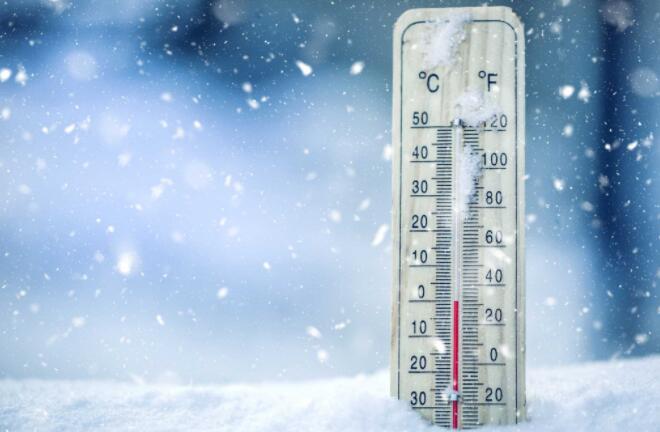(单词翻译:单击)
Anyone with the gumption to be up before dawn will tell you that when those first rays of light come over the horizon after a clear night, it gets warmer, and...
任何有进取心并且早破晓前起床的人都会告诉你,当在晴朗的夜晚后第一缕阳光越过地平线,气温就会回暖,而且…
Don?
唐?
Uh, Yael. I'm trying to do a radio program here.
嗯,雅艾尔。我想在这里听听广播节目。
Yes, but when the sun first rises it doesn't get warmer right away.
可以,但当太阳刚升起的时候气温不会立刻变暖。
I-it doesn't.
不是这样的。

No, it actually feels colder.
实际上会感觉更冷。
In fact, barring any storm fronts, the coldest time of day is sometime just after dawn.
事实上,除了任何风暴以外,一天中最冷的时间恰巧是黎明的某个时段。
It is?
真的吗?
See, the sun is kind of like a microwave and the ground is kind of like a frozen TV dinner.
你看,太阳就像是微波炉,而地面有点像冰冻的电视晚餐。
Okay. I like dinner. Go on.
好吧。我喜欢晚餐。你继续说。
The earth absorbs some heat from the atmosphere during the night.
地面在夜间吸收大气中的热量。
Sort of like putting your dinner out to thaw, but during the day, the sun acts like a microwave and quickly heats up the ground.
就像是把晚餐解冻一样,但在白天,太阳就像微波炉并且使地面快速升温。
Once the sun sets, the ground cools off by radiating heat out to the atmosphere and some escapes into space.
一旦日落,地面会通过散发热量到大气中进行冷却并且有一些会逃进宇宙空间。
Just as when the microwave stops, your dinner starts to cool down.
就像微波炉停止加热一样,晚餐开始冷却。
That makes sense.
有道理。
译文来自可可英语


